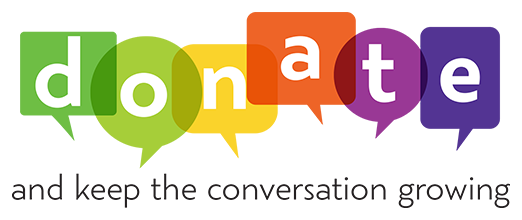It may seem like a case of ‘out of sight, out of mind’ when we flush rubbish down the toilet.
But aside from blocking up our sewers, sending anything down the U-bend other than the ‘three Ps’ – pee, poo, and paper – can have harmful impacts on nature.
According to scientists in Norway, people are still flushing all sorts of things down the toilet that should be put in the bin instead.
Their wastewater sampling project has identified five items in particular that are flushed more than any others.
So are you guilty of putting any of them down your loo?
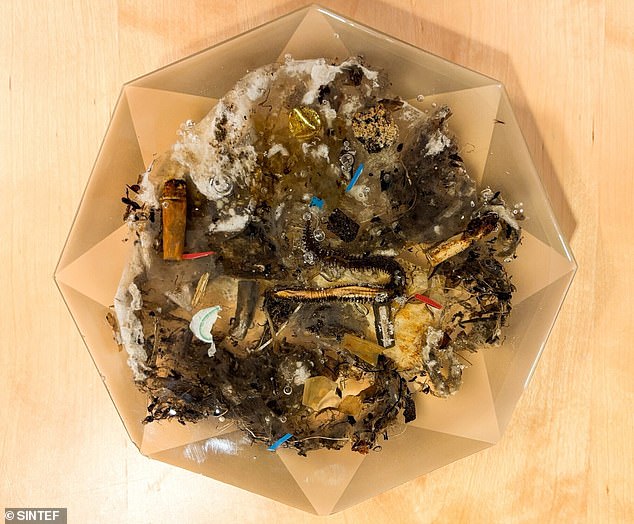
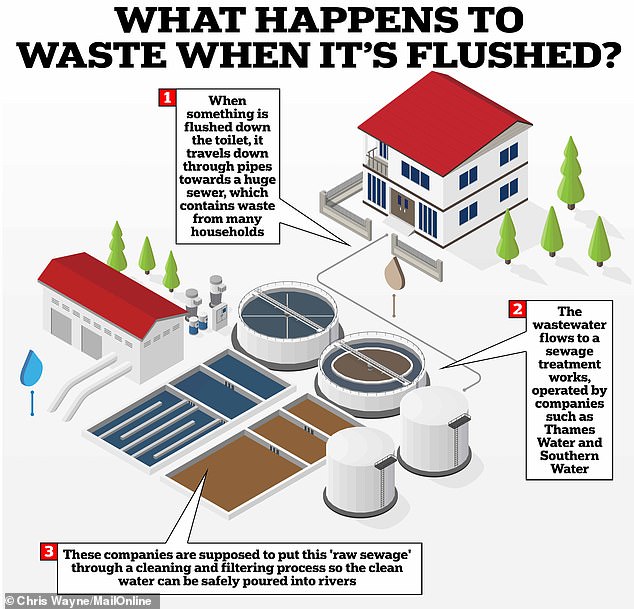
Experts and campaigners regularly say you should only flush poo, pee and toilet paper.
But the experts at SINTEF – a research organisation in Trondheim, Norway – have identified a range of bizarre items that break this rule.
They say the top five items flushed down the toilet that shouldn’t be are cotton buds, contact lenses, condoms, tampons (or sanitary pads), and wet wipes.
All of these products should instead be disposed of in a regular household waste bin.
Packaging and advertising on some of these products – especially wet wipes – can suggest that it’s possible to flush them away, by using words like ‘natural’ and ‘biodegradable’.
But doing so can cause blockages further down the sewer line, leading to mammoth ‘fat bergs’ that can take months for workers to remove.
‘Even if a product is branded as natural, this doesn’t mean that it simply dissolves away when released into the natural environment,’ said Ida Beathe Øverjordet, senior research scientist at SINTEF.
‘Such products still have very long decomposition times and should not be flushed down the toilet, even if they’re labeled as biodegradable.’
Some wet wipes even have the word ‘flushable’ on the packaging, but this is not the case (in fact, no wet wipes are flushable).
According to Øverjordet, the decomposition time for wet wipes branded as ‘natural’ products may be up to 200 years and is even longer for those that contain plastic (which the UK is about to ban).
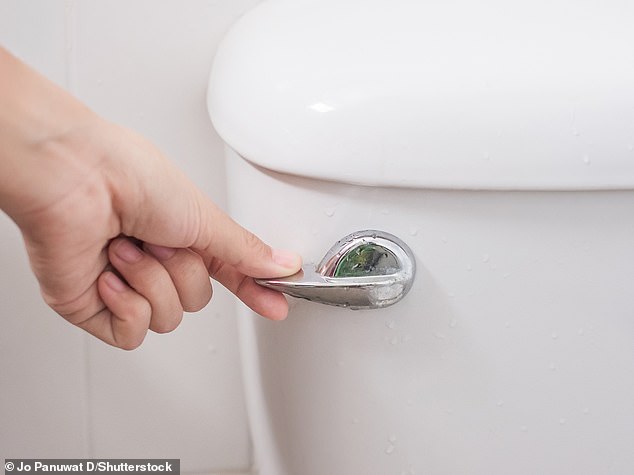

When something is flushed down the toilet, it travels down through pipes towards a huge sewer, which contains waste from many households.
Eventually the wastewater flows to a sewage treatment works, operated by companies such as Thames Water and Southern Water.
These companies are supposed to put this ‘raw sewage’ through a cleaning and filtering process so the then clean water can be safely poured into rivers.
It’s often assumed the wastewater plants capture everything that we flush away before the water is released into the sea, but this isn’t the case, according to Øverjordet.
A large proportion of wastewater plants – including those in Norway and especially along the coast – are only ‘primitive facilities’ that capture a small proportion of the waste items.
If they haven’t already clogged up sewage pipes, these items can flow from rivers to the oceans where they pollute waters and kill marine life.
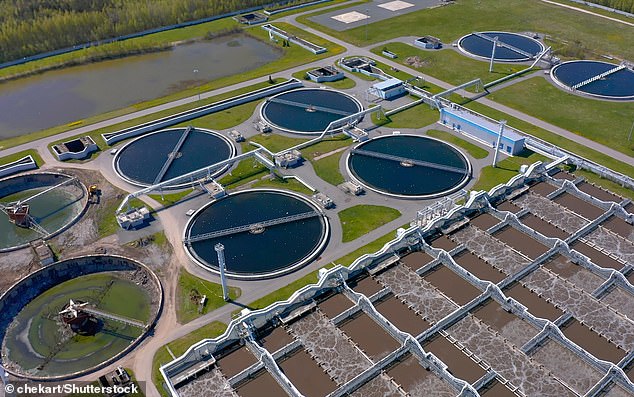

In Norway, 10 per cent of Norwegian wastewater systems operate with no form of water treatment al all.
The researchers say there is no easy way to measure how much rubbish is being flushed down our toilets, seeing as it’s done in the privacy of one’s own home.
But in Longyearbyen in Svalbard, which has 2,500 inhabitants, the local authority is currently measuring the amount of rubbish collected using gratings placed across the outflow points.
Results indicate that as much as 80kg of rubbish passes through the town’s wastewater system every week and the researchers ‘can only imagine how a figure like this translates to the world’s largest cities’.
Ultimately, they advise the public to always have a rubbish bin in the bathroom, which can avoid the tendency to flush waste.
The researchers also say chemical residue from drugs we take, such as paracetamol, end up in our urine and can’t be filtered by wastewater plants – although there is less we can do about this.
‘These substances have the same effects on the natural environment as they do on people,’ said Øverjordet.
‘Drugs such as paracetamol may affect male sex hormones in many organisms, and can interfere with reproductive ability and the future survival of a variety of animals.
‘But we still have to take our medications, and we still have to go to the toilet.’

